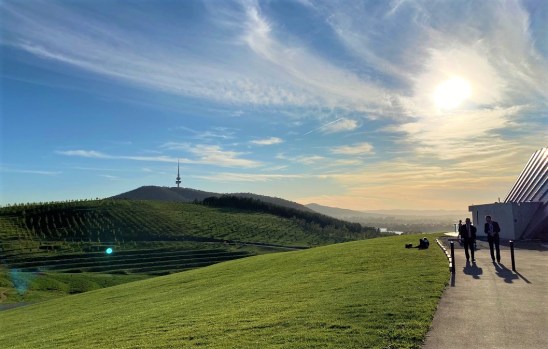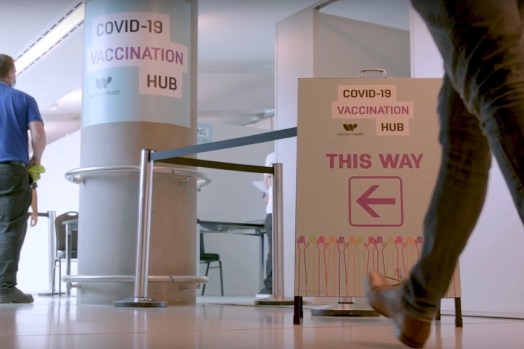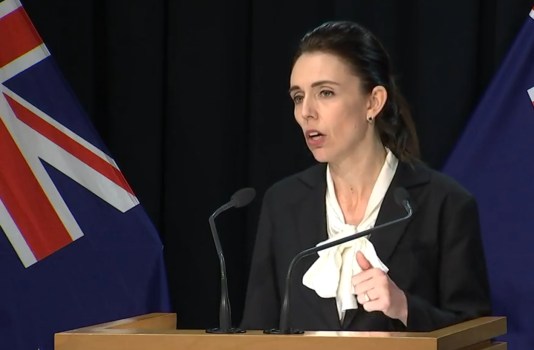
More than 58,000 people were free to meet, dance and roam at a series of large-scale events across the UK recently, as part of the country’s Events Research Programme (ERP), designed to explore the future of events.
Held between 17 April and 15 May 2021, nine pilot events were chosen for phase one of the program, each with reduced social distancing requirements or none at all.
Events included the Brit Awards held at The O2, London for more than 3,500 attendees, the Sefton Park Pilot outdoor music event for more than 6,000 attendees and the Emirates FA Cup Final at London’s Wembley Stadium, with almost 19,000 people in attendance.
Of the tens of thousands of attendees across the major events, a total of 28 positive COVID-19 cases were identified at the time the report findings were released on 21 June 2021.
Out of the total cases, 11 were identified as potentially infectious at an event and a further 17 were identified as potentially infected at or around the time of an event.
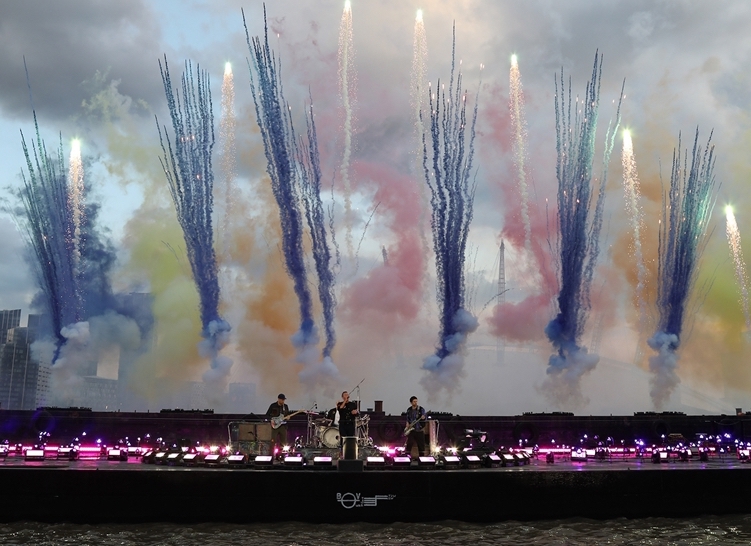
Nicholas Hytner and David Ross, chief advisers for the ERP, said the pandemic has forced many changes upon people’s lives, and the restrictions on events are a significant one.
“In normal times, these events are important for our wellbeing, our sense of community and togetherness, and they have been sorely missed,” they said.
“We also understand how important events are to this country’s economy and global reach.”
How it worked
Event organisers and public health teams involved in the events implemented a number of outbreak prevention and control measures for each gathering.
Attendees were required to return a negative result from a lateral flow test (LFT), a rapid form of COVID-19 testing, within 36 hours of the event to gain entry to the venue.
Other measures included pre-event communications advising people not to attend the event if they were experiencing COVID-19 symptoms and to minimise unnecessary contact in the lead up to the event.
Attendees were also encouraged to undertake polymerase chain reaction (PCR) tests for COVID-19 before and after the event, however return rates were low with a total of 26,000 PCR tests analysed across the nine events, including 12,000 pre-event and 14,000 post-event.
The report stated the low rate of PCR testing significantly limits the ability to estimate rates of infection after attending events.
Interestingly, return rates were higher when the tests were posted to attendees and when an incentive was offered, such as the chance to win free tickets.
Findings reveal the importance of events
Hytner and Ross said while the report does not make conclusive public health recommendations at this stage, the pilot events were successful in demonstrating how mitigation measures, potentially as alternatives to social distancing, can be used to reduce and manage the COVID-19 risks identified at events.
“The invaluable data we have collected from this work has informed decisions on the re-opening of events in Step 4 of the Roadmap,” they said.
The findings revealed the UK’s testing, data and contact tracing infrastructure has a ways to go before it can provide dedicated testing for significant numbers of event attendees.
It also found that while the majority of the public support the use of testing for risk mitigation, the requirement to get a COVID-19 test can be a barrier to those planning to attend events and can result in higher than usual ‘no-shows’.
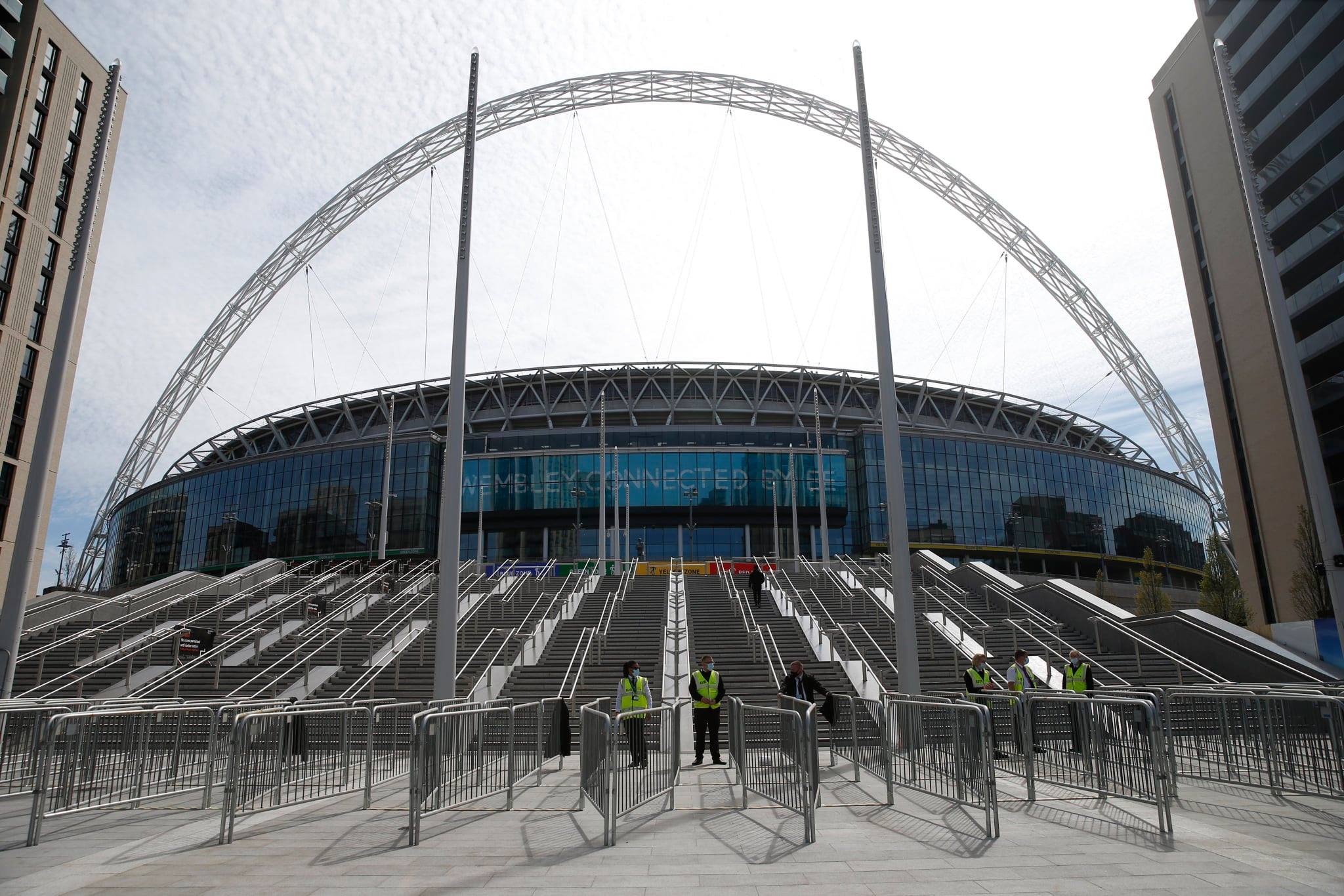
Hytner and Ross said the “warm public reception” to the program overall demonstrated the central role events play in peoples’ lives.
“The ERP has allowed over 20,000 spectators to walk through Wembley’s turnstiles for the FA Cup Final and over 13,000 people to attend dance and music events over a Bank Holiday weekend in Liverpool – the return of such events, with comprehensive pre-event testing, at a scale not seen anywhere since the beginning of the pandemic,” they said.
“The joy of the over 58,000 people who attended the pilots and the positive response to these events, showed just how much the country has missed such occasions.”
The program is set to continue, with phases two and three aimed at generating further evidence on transmission, using larger events and testing different event settings.
